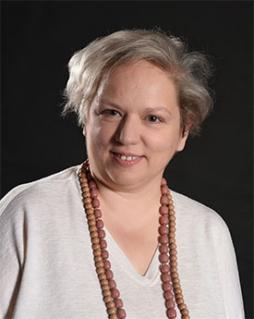
Veronika Koller, Lancaster University

For the past 20 years, the cognitive underpinnings and effects of discourse have been widely recognised and researched as the “missing link” (Chilton 2005) between discourse and society. Relevant work has integrated notions from cognitive linguistics (e.g., Hart 2014) but also drawn on social and cognitive psychology (e.g., Koller 2005; van Dijk 2014). Most recently, the study of discourse and cognition has been extended to experimental research and the multimodal features of discourse. Patterns of agency as well as deixis have attracted attention, as has the function of metaphor in expressing and influencing ideology. It is the aim of this course to provide an overview of these various strands, to introduce participants to theoretical and methodological issues, and to identify possible research projects in (socio-)cognitive discourse analysis.
In particular, participants will gain knowledge about:
• socio-cognitive approaches to discourse analysis
• discourse space theory and proximisation
• cognitive grammar as a framework in critical discourse analysis
• critical metaphor analysis
• systemic-functional linguistics and cognition
Indicative readings:
Chilton, P. (2005). Missing links in mainstream CDA. In R. Wodak and P. Chilton (eds) A New Agenda in (Critical) Discourse Analysis. Palgrave Macmillan, pp. 19-51.
Hart, C. (2014). Discourse, Grammar and Ideology: Functional and cognitive perspectives. Bloomsbury.
Koller, V. (2005). Critical discourse analysis and social cognition: Evidence from business media discourse. Discourse & Society, 16(2), 199-224.
van Dijk, T. A. (2014). Discourse-cognition-society: Current state and prospects of the socio-cognitive approach to discourse. In C. Hart, C. & P. Cap (eds) Contemporary Critical Discourse Studies. Bloomsbury, pp. 121-146.



